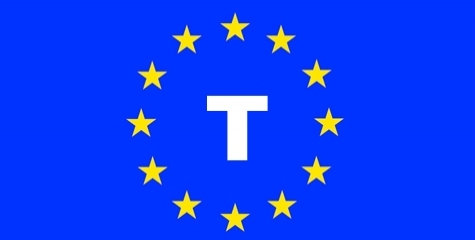WI-WE Progress
| Progress: 83.61% WWI-WE Version: 4 | |
| 0 | mandatory questions pending |
| 26 | questions total |
| 22 | questions answered |
| 22 | questions completed |
| 4 | questions pending |
Mapping Wild Cards
Inspired by: foresight/futures » EU rules Member States tax policy

Originally submitted by: Rafael Popper
List of all contributors by versions (mouse over)
Last changed by: Rafael Popper
WI-WE status:
.png)
